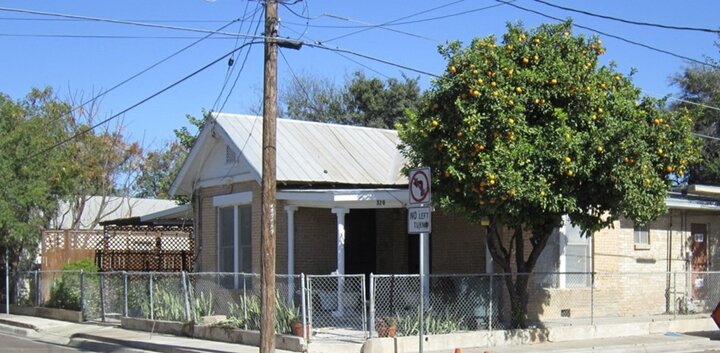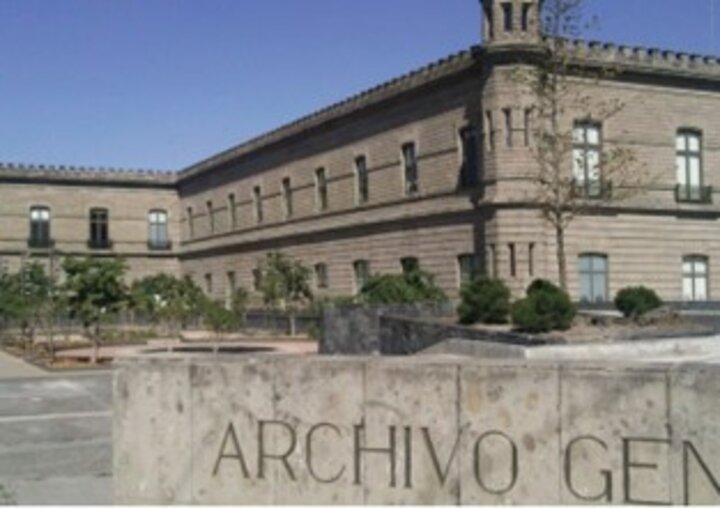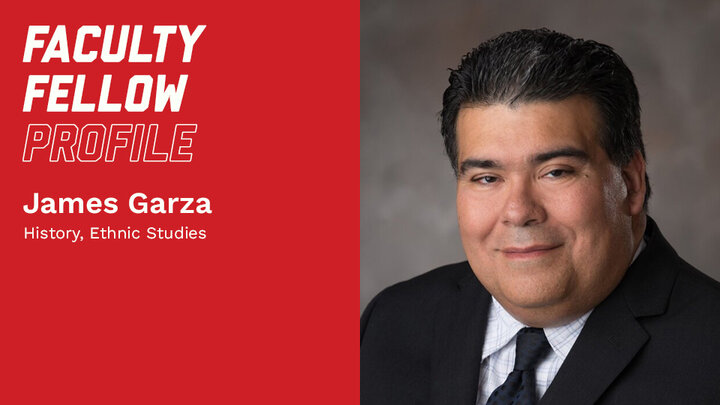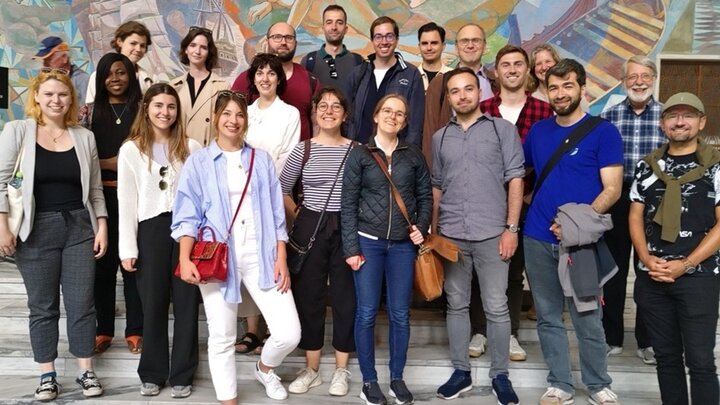The Forsythe Family Program on Human Rights and Humanitarian Affairs (HRHA) fosters opportunities and interdisciplinary collaborations among faculty at UNL. Among its faculty fellows is Dr. James A. Garza, Associate Professor in the Department of History and Instiute for Ethnic Studies at the University of Nebraska–Lincoln (UNL).

Dr. Garza earned his Ph.D. from Texas Christian University. His research is driven by his upbringing in South Texas and his experiences living in Mexico City. These have shaped his interest in human rights issues as well as his latest book project. This project examines the environmental and social consequences of a late 19th to early 20th century engineering project in the Valley of Mexico. His work focuses on the effects and responses of local communities to the project and the broader human rights violations. What sets Dr. Garza’s project apart is its emphasis on how local communities responded, through petitions, resistance, and in some cases rebellion. “I'm interested in the impacts of how the environment has affected, especially projects and development have affected the lives of everyday lives of people on the border,” he explains. His research highlights how land and water rights became central to community resistance movements, revealing broader patterns of human rights violations.

Dr. Garza explains the importance of understanding communities and historical developments. The petitions signed by community members became powerful tools. “The right to a way of life is tied into the defense of the community as a whole,” Dr. Garza explained, “there were activists. You can see the community being an activist as a whole. There were people who defended the community.”
Growing up in the city of Laredo, Dr. Garza was inspired by his grandmother’s willingness to fight for community rights in their neighborhood. Witnessing firsthand how environmental hazards, such as living near factories that released toxic pollutants, became normalized in residents’ lives. These lived experiences shaped his lifelong interest in community and human rights.
Being part of the HRHA program played an important role in Dr. Garza’s research focus. Through learning about the human rights court systems and the program’s collaborative nature, he has been able to explore new pathways in his work, particularly the effects on the lives of different communities, and how these communities have fought for their communal rights.



